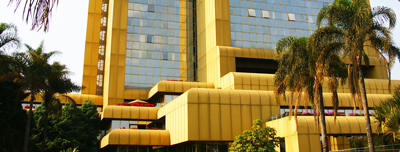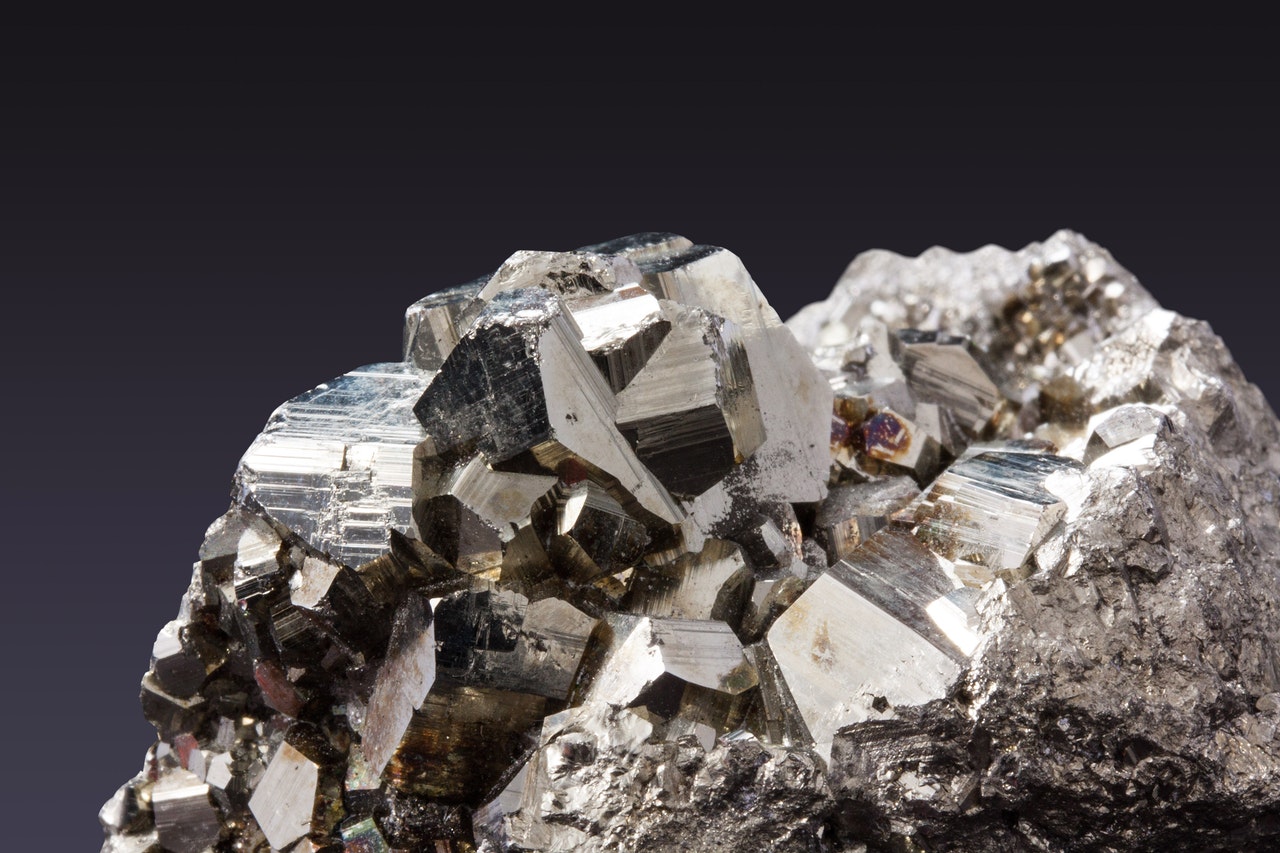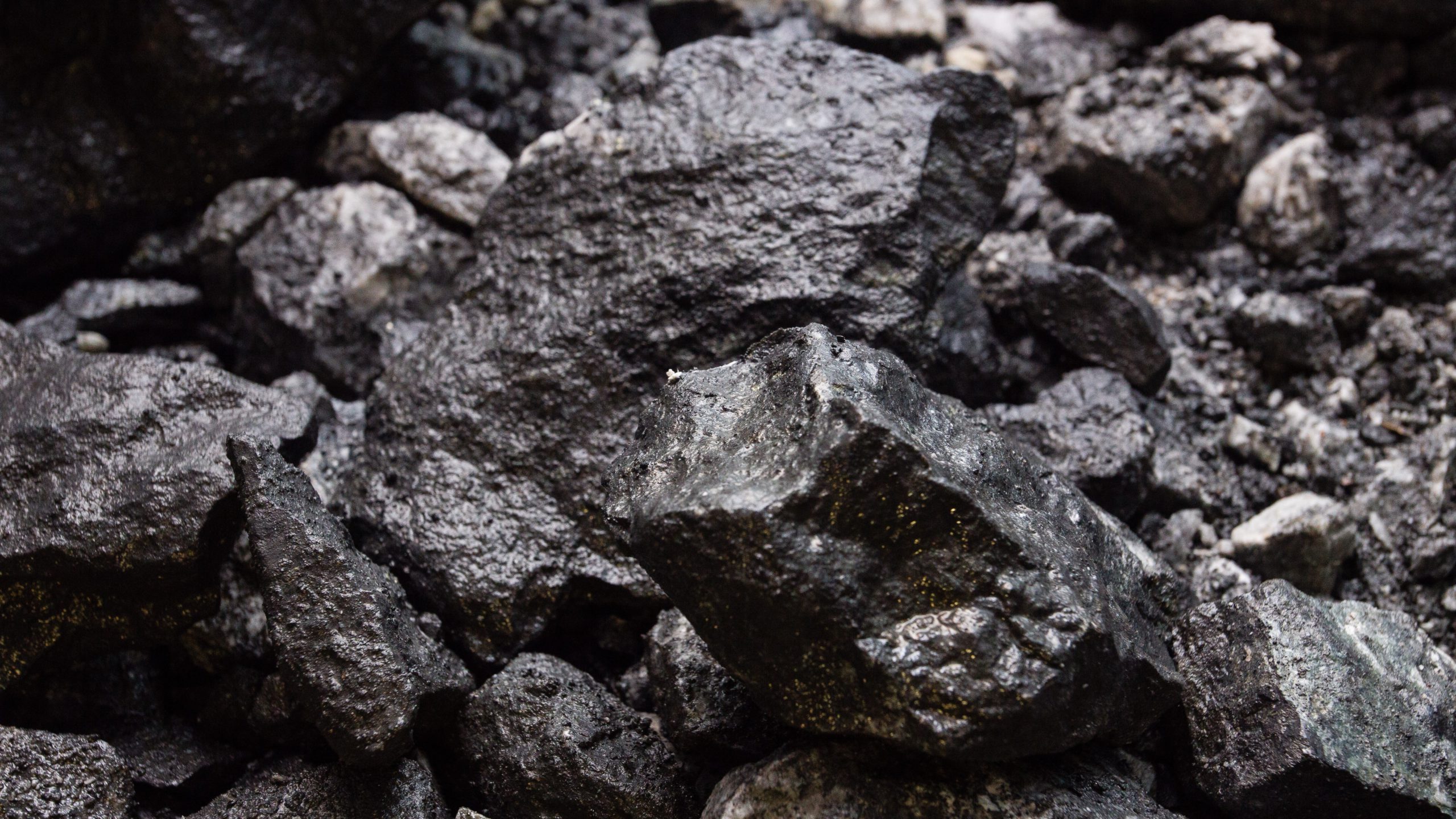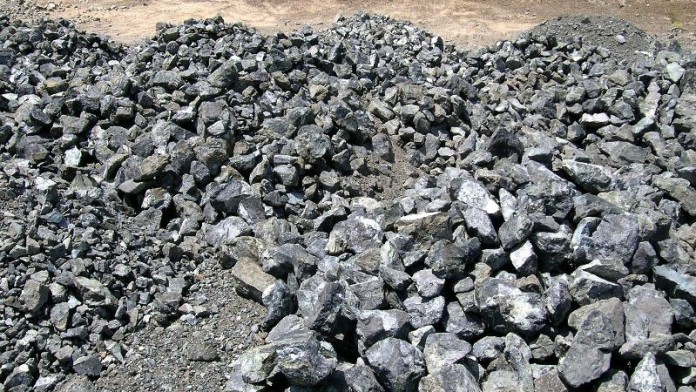
1. Zimbabwe is OPEN FOR BUSINESS. The Government of Zimbabwe has taken and continues to take various measures or reforms to improve the Ease of Doing Business in the country. For further information please log onto www.zidainvest.com.
2. Zimbabwe is a stable, peaceful and secure country, endowed with abundant natural resources across all economic sectors. Zimbabwe has a rich variety of commercially exploitable mineral deposits and the country’s soils and climate are very conducive to produce a very wide range of agricultural commodities.
3. Geographically, Zimbabwe is centrally and strategically located in the Southern African sub-region. It forms part of the North – South Corridor and is a gateway linking South Africa with countries to the north of Zimbabwe like Zambia, the DRC, Malawi into the African hinterland. Because of its geographical location, Zimbabwe is well positioned to serve regional markets. The country is also a regional logistics hub as it is well supported by sound infrastructure e.g.railway lines, roads, power grids and telecommunication.
4. The Zimbabwean human capital is highly skilled and very hard working. Its literacy rate is among the highest in Africa.

Zimbabwe is open to investments in hydropower generation, coal bed methane gas and renewable energy generation like wind and solar. Zimbabwe has hydropower potential of over 3000MW available mainly on the Zambezi River.
It also has an estimated 40 trillion cubic feet of CBM reserves, which can be exploited and utilized to generate power as well as industrial energy and the petroleum industry. Zimbabwe has approximately 26 billion tons of coal reserves for power generation.
In addition to value addition of primary products from the agriculture and mining sectors, there are also opportunities for the manufacture of industrial and agricultural chemicals, fertilizers, insecticides, detergents, soaps, plastic products, paints, polishes, glues etc for both the local, regional and global markets. Opportunities also exist in textiles, leather, timber, furniture and metal production.
Zimbabwe’s economic transformation hinges on maximum exploitation of information communication and technologies in all facets of the economy. The country therefore welcomes investments in the ICT sector. Investment opportunities in the ICT sector include the provision of media services; the supply of digitalization equipment; E-Business; software development; business process outsourcing; data storage area network; hardware assembly; call centers; film industry and graphics and multimedia development.
Zimbabwe’s economic development and growth still require more development and expansion of infrastructure. Thus, the country still needs more power generation infrastructure, improved water supply infrastructure, construction of modern highways, resurfacing of existing highways and so forth. The private sector is being welcomed to participate in the development and provision of modern infrastructure on Private Public Partnership basis.
Key among the investment opportunities in the tourism industry is the construction of hotels and lodges to cater for the increasing number of tourist arrivals every year. Other investments include the construction of world-class conference facilities, golf courses, safari and tour operators, theme parks and water sporting facilities.

Agriculture is the engine of the Zimbabwean economy. The country, which for decades held the position of the “Breadbasket of Southern Africa”, has one of the best farming climates and fertile soils in the world thereby making agriculture a highly viable and profitable investment portfolio. Zimbabwe offers opportunities in the growing and export of a wide range of agricultural products, value addition and processing of agricultural commodities e.g. canning of meat, fruits and vegetables, extraction of oil seeds, nuts and milk, leather production and stock feed production. Opportunities also exist in contract farming, finance and technical services as well as manufacture, assembly and sale of agricultural machinery and equipment.
Zimbabwe is a mineral rich country with potential for further discoveries. The country is endowed with over 40 different types of minerals, predominantly gold, platinum, coal, nickel, chrome, diamonds, copper, silver, tin, black granite, lithium and tantalum.
Zimbabwe hosts the third largest Platinum Group of Metals (PGMs), the second largest gold reserves per square kilometer, the second largest high-grade chromium ores and the fifth largest reserves of lithium in the world.
Besides direct investment in mining, there are significant opportunities in the supply of mining machinery and equipment. There are also opportunities for investment in value addition of minerals such as cutting and polishing of diamonds. Zimbabwe has an estimated 28 billion tons of coal reserves and 765 billion cubic metres of measured Coal-Bed Methane (CBM) gas.

Zimbabwe has the potential to supply nearly 25% of the global diamond demand in terms of value within a few years. The Marange concession, located in the east of Zimbabwe, is home to one of the world’s richest diamond deposits. Zimbabwe continues to make new huge discoveries of rich diamond deposits, i.e. in Chivi and Mwenezi Districts where huge deposits of kimberlite diamonds were discovered recently. Zimbabwe’s diamond deposits are scattered over a 10 000 square kilometer area stretching from Manicaland to Masvingo Province. There are also opportunities for cutting and polishing diamonds. The Government of Zimbabwe opened doors for investors to invest in the diamond sector.

Zimbabwe hosts the second largest Platinum Group of Metals (PGMs) resource in the world on the Great Dyke with an estimated amount of 2,8 billion tonnes. The Great Dyke, stretching for 550km, has an estimated 2,8 billion tonnes of Platinum Group of Metal (PGM.) i.e. platinum, rhodium, ruthemum, iridium, osmium.

Zimbabwe has the world’s fifth largest reserves of lithium in the world and its deposits are second to none in Africa. Zimbabwe has sufficient lithium to meet 20% of the world’s total demand for lithium ore. Lithium is mainly used primarily in the automotive industry (battery manufacturing) as well as production of glass and ceramics. While Zimbabwe is within the top ten lithium producing countries in the world, it currently produces only a fraction of the worldwide total.

Zimbabwe had an estimated 28 billion tons of coal reserves. The country also has 765 billion cubic metres of measured Coal-Bed Methane (CBM) gas in the Hwange, Lupane and Gwayi areas. This exceeds the total measured resources in the rest of the Southern African Development Community put together. The CBM can be used for the generation of electricity.

Zimbabwe has the second largest gold reserves per square kilometer in the whole world with 13 million tonnes of proven reserves of which only 580 tonnes have been exploited since 1980. The country remains under explored to discover deposits away from these ancient workings. More than 90% of gold deposits in Zimbabwe are associated with greenstone belts which are some of the richest in the world.

Zimbabwe has the second largest high-grade chromium ores in the world after South Africa with reserves of approximately 900 million tonnes. It has the potential to supply between 10% and 20% of the world’s ferrochrome demand. Chrome is one of Zimbabwe’s main exports after gold and platinum group metals.

Zimbabwe has huge iron ore deposits associated with banded ironstone formations in greenstone belts. Iron ore deposits are estimated to be over 30 billion tonnes of reserves.
Zimbabwe has a lot of interesting economic opportunities. Those interested may come to the Embassy and will be gladly assisted, or travel to Zimbabwe and establish the right contacts for business investments through the Zimbabwe
Investment Development Agency ZIDA.
For further information on investment opportunities and related procedures please visit www.zidainvest.com.
The country’s major exports minerals, tobacco, cotton lint, fruits, sugar, tea, coffee and horticultural products. Minerals currently represent about 60% of the country’s export earnings. Zimbabwe is also well known for its arts and crafts which also form part of the country’s exports. Some of Zimbabwe’s stone sculpture exhibitions are on display at Valley Arts in New Jersey (USA), New York’s Museum of Modern Arts; Chicago’s Field Museum of National History, Indianapolis Museum of Arts, the British Museum, just to mention a few. The principal imports include fuels and petroleum products, pharmaceuticals, machinery, vehicles, electronics, chemicals and fertilizers.
For further information about trade, please visit http://www.zimtrade.co.zw/